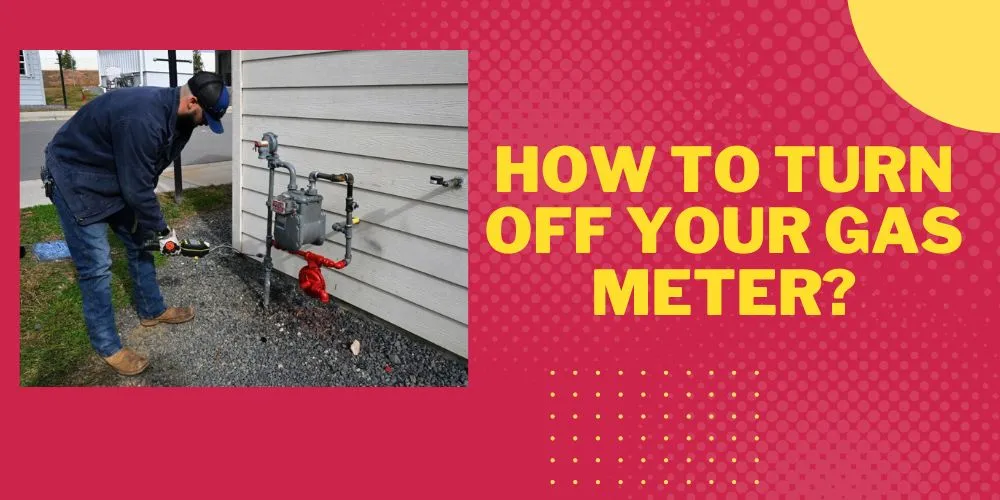Gas leaks are a serious safety concern that can pose a threat to both homes and workplaces. Understanding how to prevent gas leaks is crucial for ensuring the safety of your loved ones, employees, and property.
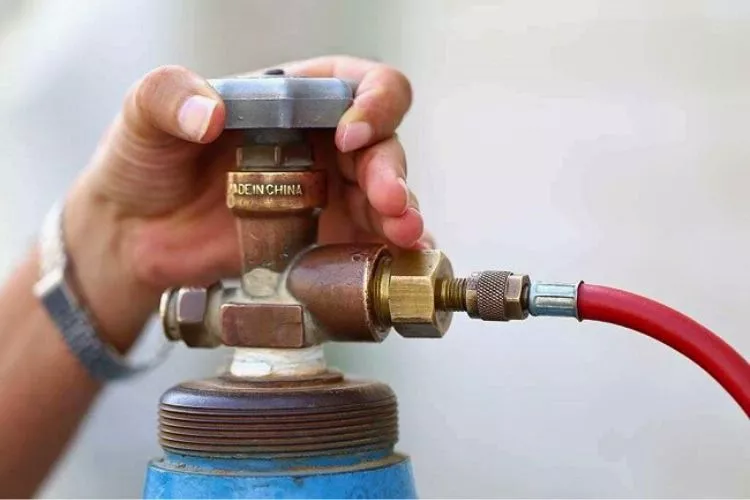
In this comprehensive guide of how to prevent gas leaks, we will explore the essential steps, expert tips, and effective methods to safeguard against potential leakings.
Understanding Gas Leaks
Gas leaks occur when there is an unintended release of natural gas or other combustible gases. These leaks can happen due to various reasons, such as faulty appliances, damaged pipelines, or improper installation of gas systems.
The danger lies in the fact that gas leaks are often odorless and can go undetected without proper precautions.
Recognizing the Signs and Symptoms of a Gas Leak
Detecting a gas leak early can save lives and prevent property damage. Understanding the signs and symptoms is crucial in ensuring prompt action. Keep an eye out for the following indicators of a gas leak:
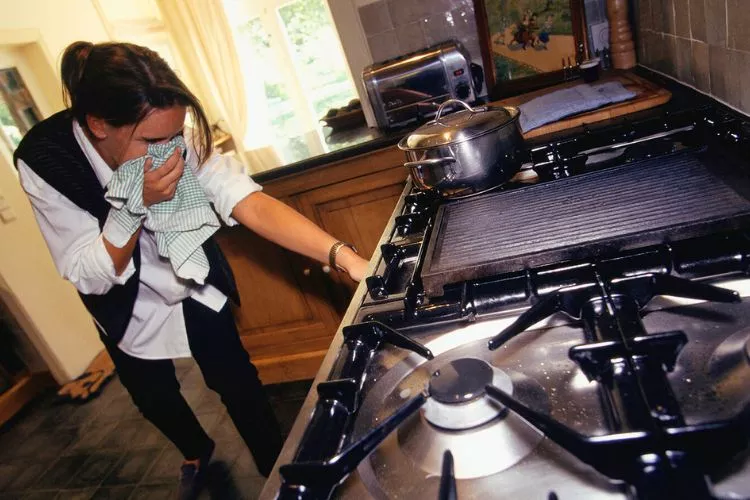
- Unusual odors: Many gas companies add a distinct smell, often described as akin to rotten eggs, to natural gas to aid in leak detection. If you detect this odor, take it as a warning sign.
- Hissing or whistling sounds: If you hear unexpected sounds near gas lines or appliances, it could indicate a gas leak. Pay extra attention to hissing or whistling sounds that are unusual or occur near gas fittings.
- Dead or discolored vegetation: Plants near gas pipelines or leaking appliances may turn brown or wilt due to exposure to escaping gas.
- Bubbles in water: If you notice bubbles or a frothy appearance in standing water near gas lines or appliances, it could imply a gas leak.
- Physical symptoms: Gas leaks can cause symptoms like headaches, dizziness, nausea, fatigue, or difficulty breathing. If multiple people experience similar symptoms while in a specific area, evacuate immediately and seek medical assistance.
how to prevent gas leaks? The Prevention Tips
A proactive approach to gas leak prevention is essential to ensuring the safety of your home and loved ones. Consider implementing the following measures:
- Regular maintenance of HVAC systems: Have your heating, ventilation, and air conditioning (HVAC) systems inspected and serviced annually by a qualified professional. Regular maintenance helps identify potential issues that could lead to gas leaks.
- DIY methods to check for gas leaks at home: Check gas-powered appliances, such as stoves, water heaters, and dryers, for any signs of damage or wear and tear. Inspect the pipes and connectors for leaks or loose fittings. Apply a solution of soapy water to the fittings and connections; if bubbles appear, it indicates a gas leak.
- Importance of replacing old gas fittings and shutoff valves: Over time, gas fittings and shutoff valves may deteriorate, increasing the risk of leaks. If you have old or corroded gas equipment, consider replacing them with new, approved fittings.
- Ensuring proper ventilation and air circulation: Adequate ventilation helps prevent gas build-up and reduces the risk of leaks. Ensure that vents, flues, and chimneys are clear of obstructions and functioning properly.
- Educating family members about gas leak safety: Teach your family about the signs and symptoms of gas leaks and the immediate actions to take in case of a suspected leak. Everyone should know how to shut off the gas supply and where the gas shutoff valve is located.
Gas Leak Prevention in the Workplace
Preventing gas leaks in workplaces requires adherence to safety regulations and proactive measures. Consider the following steps:
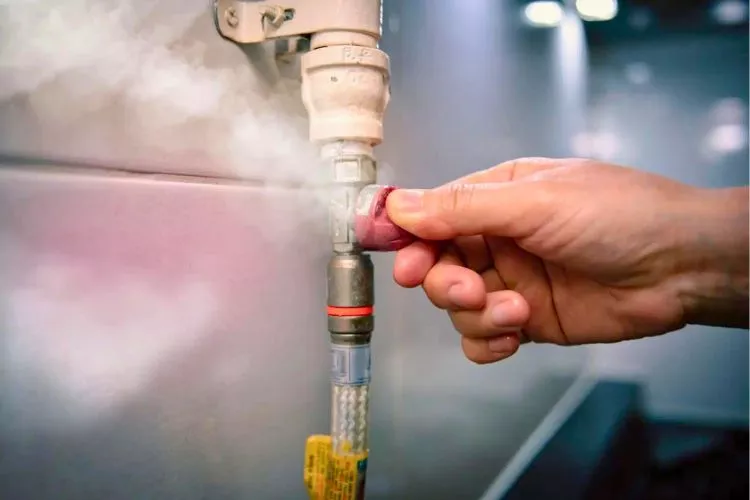
- Workplace safety regulations related to gas leak prevention: Familiarize yourself with the safety regulations specific to your industry. Follow guidelines set by regulatory bodies to ensure a safe working environment.
- Regular inspection and maintenance of gas-powered equipment: Establish a regular maintenance schedule for inspection, cleaning, and servicing of gas-powered equipment, such as boilers, ovens, furnaces, and industrial machinery. This helps identify potential issues before they result in leaks.
- Proper storage and handling of combustible substances: Store flammable or combustible substances in designated areas, ensuring they are stored away from potential ignition sources. Follow proper handling procedures and train employees on safe storage practices.
- Training employees on gas leak detection and emergency procedures: Educate employees about the signs of gas leaks and the actions to take during a leak or emergency situation. Conduct regular safety drills and ensure all employees know the location of gas shutoff valves and emergency exits.
Industry-Specific Gas Leak Prevention
Different industries may have specific gas leak prevention measures due to the nature of their operations. Some examples include:
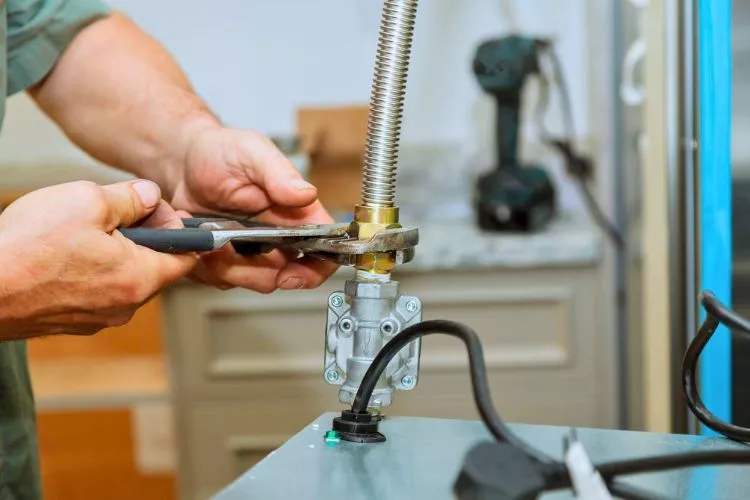
- Manufacturing industry: Implement comprehensive safety procedures for handling gas-powered machinery and equipment, including routine maintenance and testing.
- Hospitality industry: Regularly inspect gas appliances in kitchens, hotel rooms, and other areas. Ensure employees are trained in gas leak detection and emergency protocols.
- Construction industry: Follow industry guidelines for safe installation and inspection of gas lines and equipment on construction sites. Regularly monitor and test gas systems during the construction process.
Dos and Don’ts for Gas Leak Prevention
Preventing gas leaks requires adherence to certain dos and don’ts to reduce the risk. Consider the following tips:
Do
- Have gas lines, appliances, and equipment regularly inspected by a qualified professional.
- Install carbon monoxide detectors in your home and workplace.
- Familiarize yourself with the location of gas shutoff valves and teach others how to use them.
- Maintain clearance around gas appliances for proper ventilation.
- Keep flammable materials away from gas-powered equipment or pipes.
Don’t
- Attempt repairs on gas lines or appliances if you are not trained or qualified to do so.
- Neglect unusual smells or signs of a gas leak, assuming it will go away on its own.
- Ignore regular maintenance schedules or inspections.
Frequently Asked Questions (FAQs)
How can I prevent gas leaks in my home?
Gas leak prevention in your home involves regular maintenance of appliances, proper ventilation, and educating family members about gas leak safety. It’s crucial to get annual inspections by a qualified professional.
What are the symptoms of a slow gas leak?
Symptoms of a slow gas leak can include unexplained headaches, dizziness, nausea, fatigue, or difficulty breathing. Pay attention to these symptoms, particularly if they improve when you leave the area.
How do I detect and prevent gas leaks in the workplace?
To detect and prevent gas leaks in the workplace, ensure regular maintenance of gas-powered equipment, proper storage of combustible substances, and employee training on gas leak detection and emergency procedures.
What should I do if I suspect a gas leak?
If you suspect a gas leak, leave the area immediately and avoid using any electrical devices or sources of ignition. Once safely away, call the gas company or emergency services to report the leak.
Who should I contact in case of a gas leak emergency?
In case of a gas leak emergency, contact your local gas company’s emergency hotline or emergency services (such as 911) to report the situation.
Conclusion:
Preventing gas leaks should be a top priority for every household and workplace. By implementing regular maintenance, educating yourself and others about gas leak safety, and taking immediate action when necessary, you can significantly reduce the risk of gas leaks.
Remember, prevention is better than cure when it comes to gas leaks, ensuring the safety and well-being of everyone in your home or workplace. Stay vigilant and take the necessary precautions to keep gas leaks at bay.


